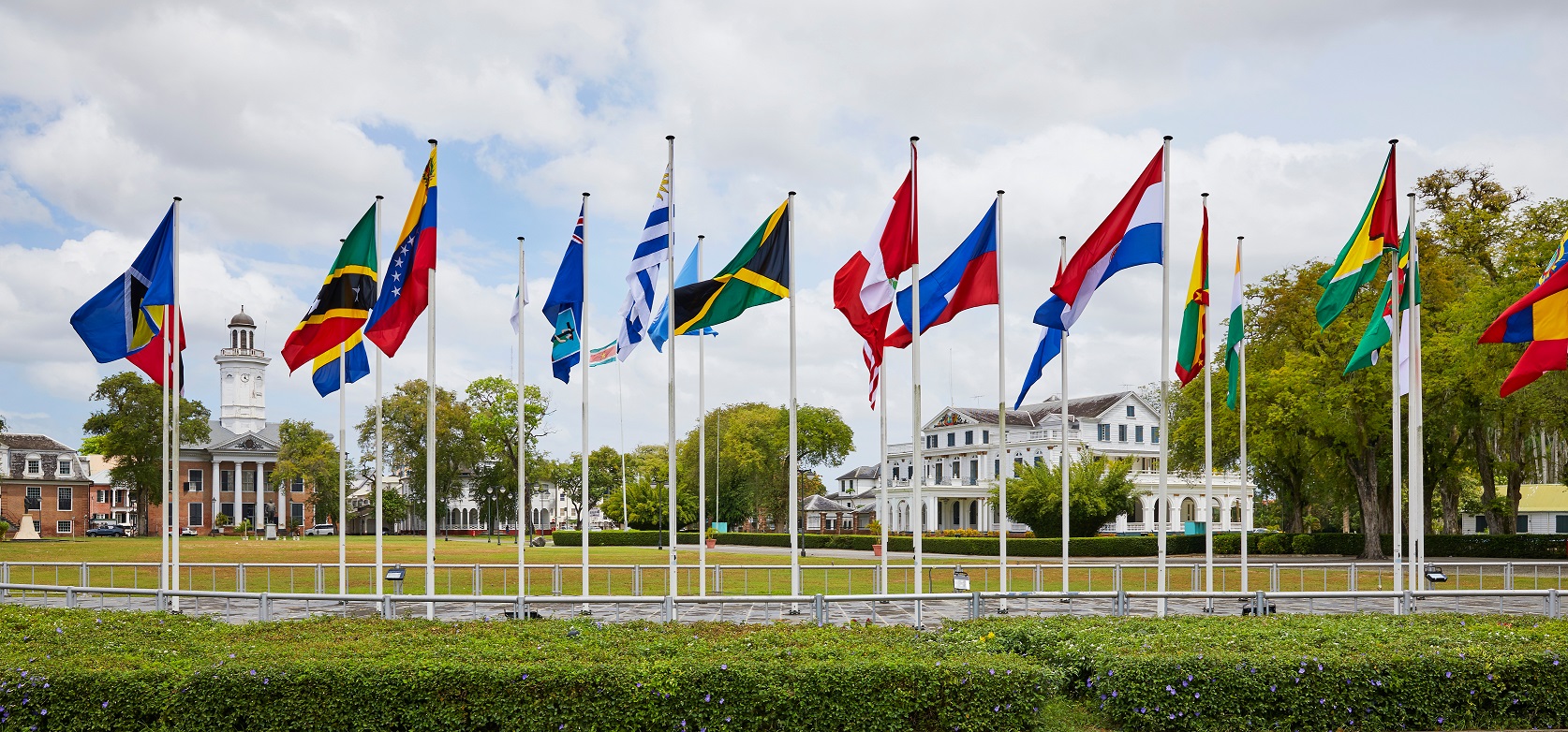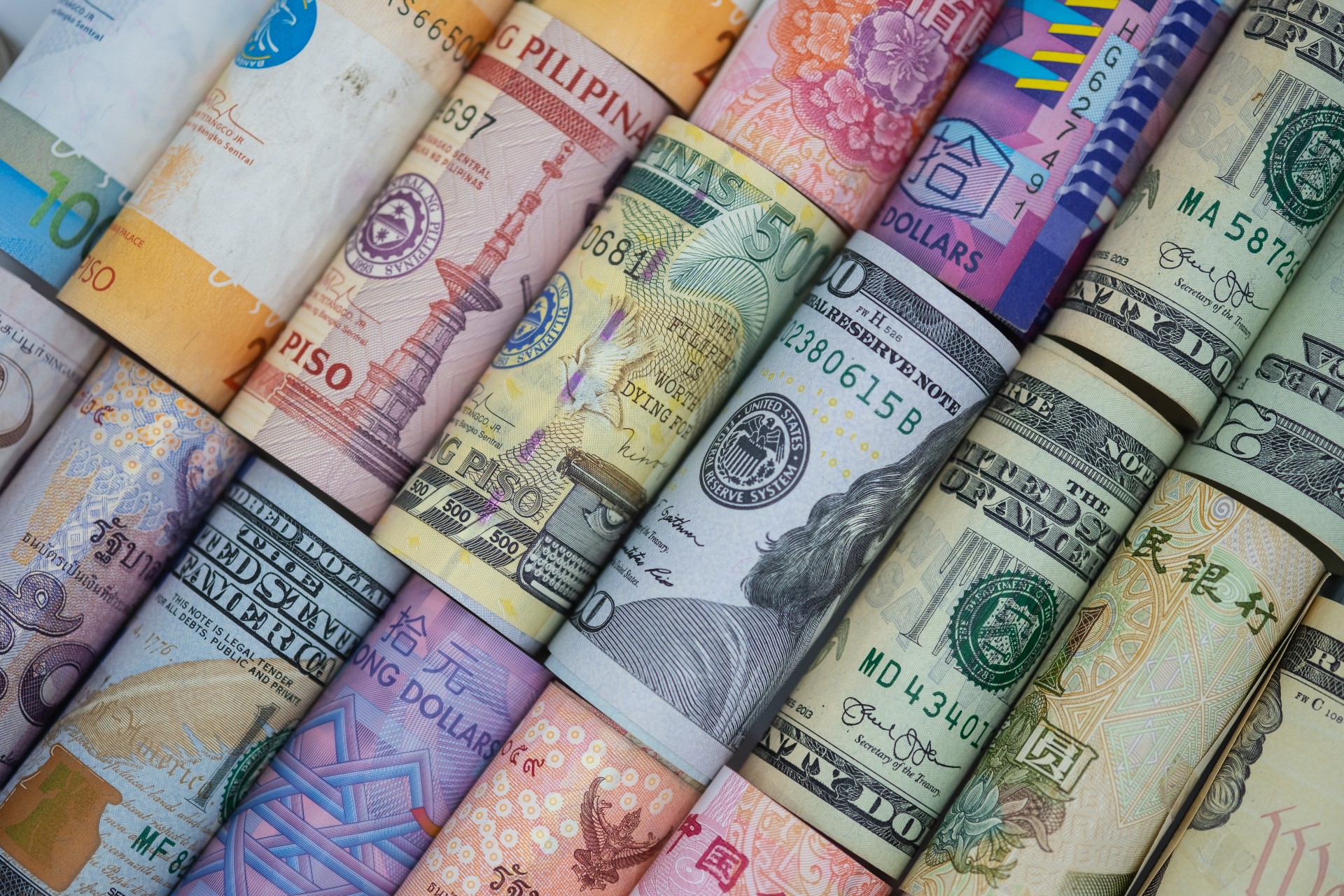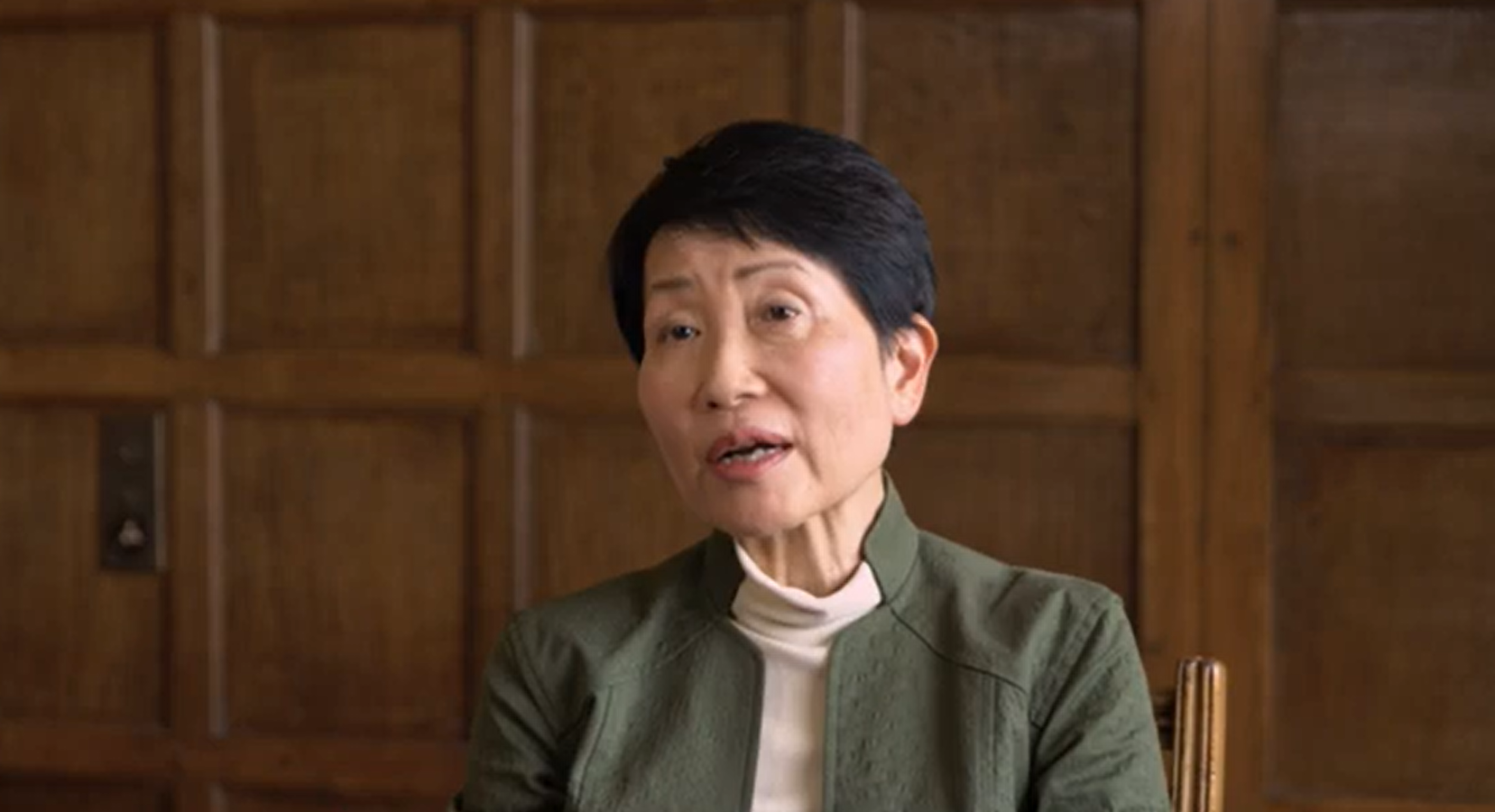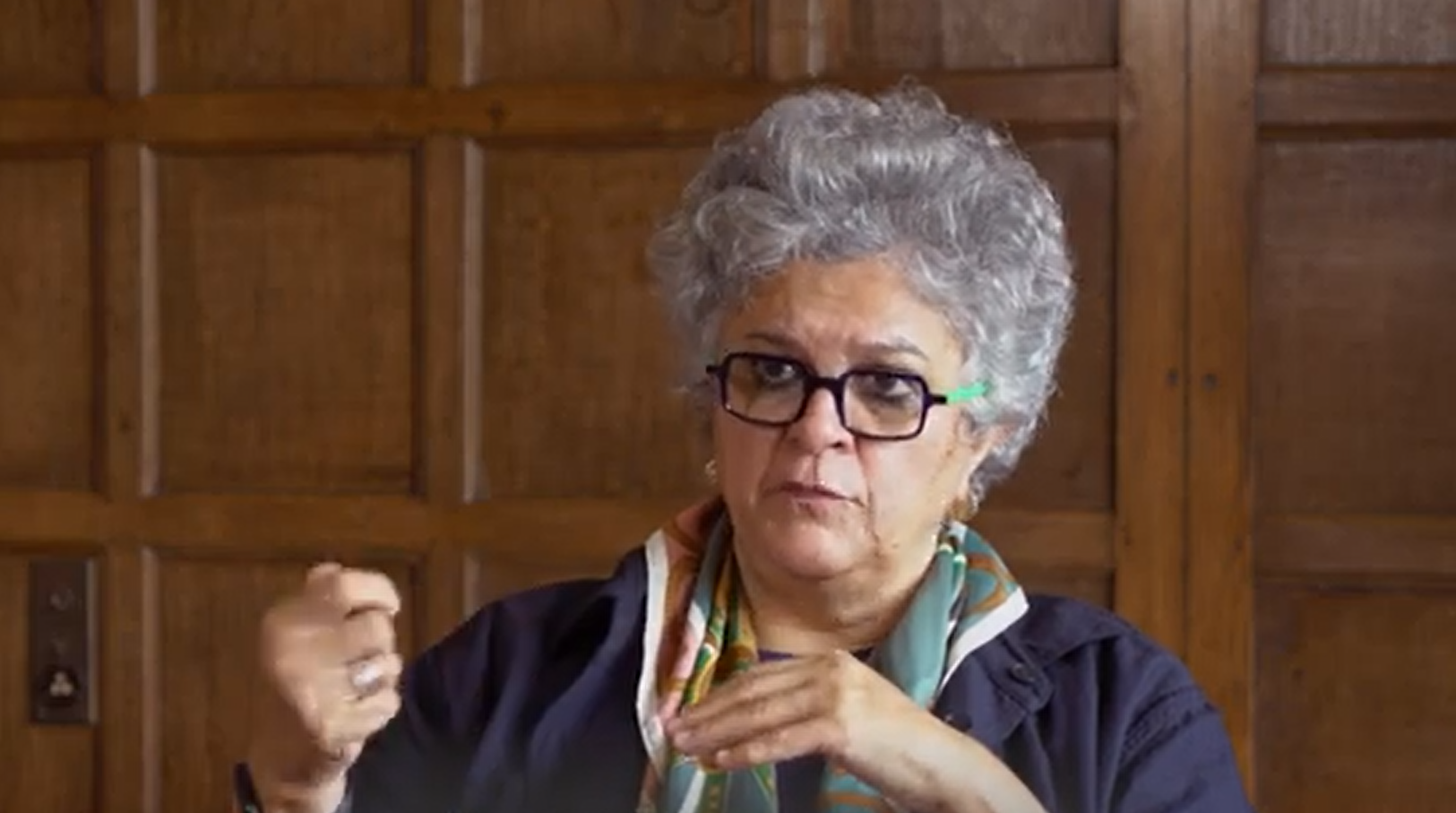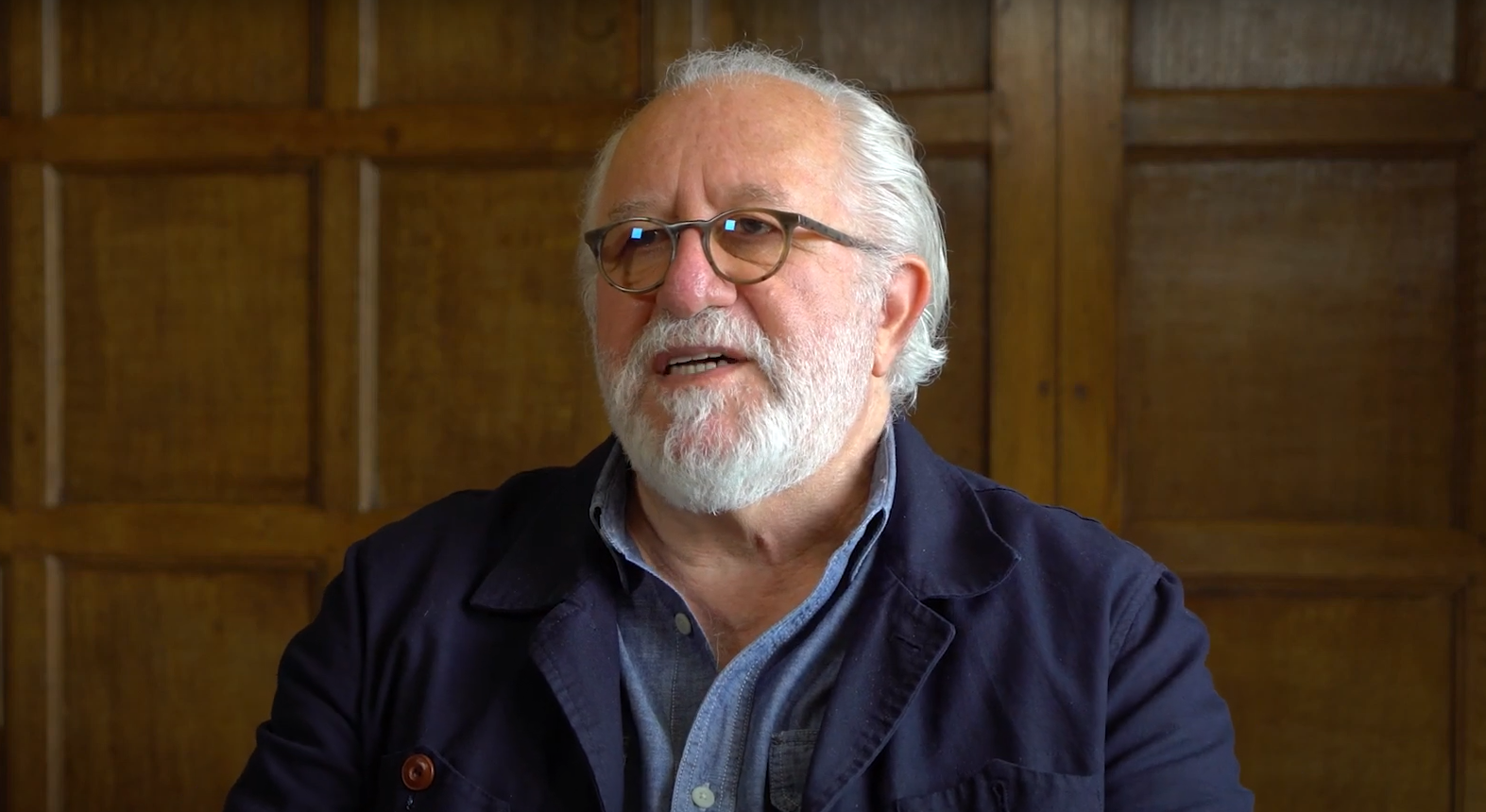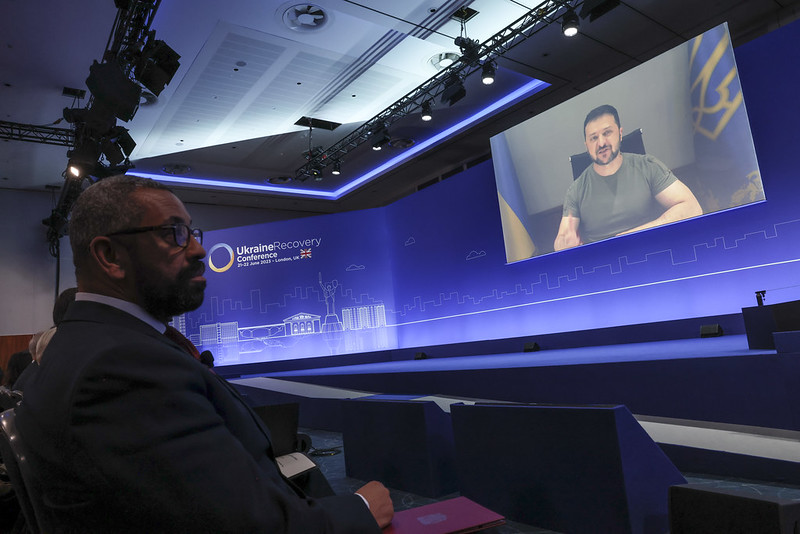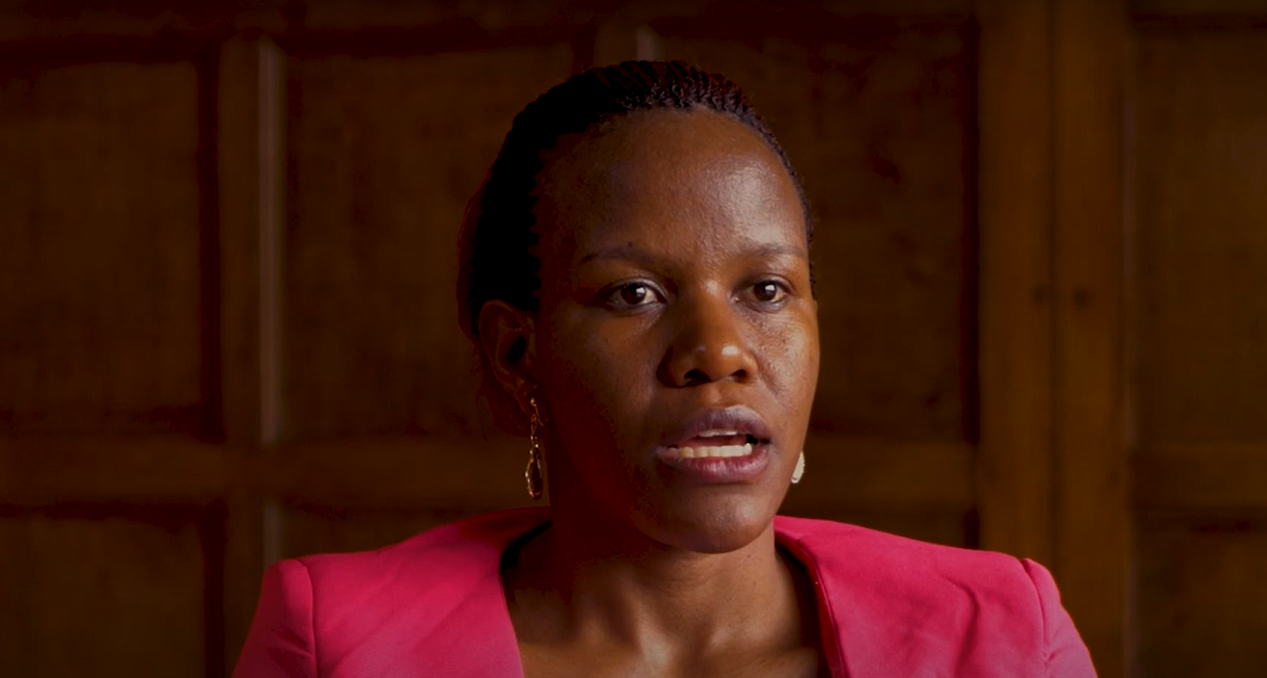The last 15 years have seen fast economic growth in many Sub-Saharan countries. However, there is a need to translate these factors into sustained poverty reduction through greater productivity, better job creation and greater shared prosperity – still challenging for many of the region’s economies. The adoption of the Sustainable Development Goals under Agenda 2030 offers an renewed opportunity for developed economies to partner with Sub-Saharan countries to deliver real socioeconomic benefits and greater equality.
A sharp focus on developing and implementing interconnected, sustainable economic policies and governance structures should be a priority for governments in the leading regional economies, with an eye to creating the predictable and stable environments for inward investment that multinationals seek. What are considered to be the main barriers to international investment and how can they be overcome? How can we bring renewed energy to the virtuous and self-perpetuating circle of greater investment, deeper supply chains, trade, productivity and job creation within and with Africa.
One of the drivers of greater prosperity will be stronger intra-regional trade, the development of more productive local businesses in sectors with real growth and job creation potential – agriculture, financial services, renewable energy. Boosting the ease of transacting business across borders in the Sub-Saharan region should enable the creation of localised value chains, retention of human capital, export growth and ultimately greater industrialisation.
The purpose of this roundtable was to identify and develop channels that facilitate greater trade and investment within, between and beyond the borders of the leading Sub-Saharan economies. It aimed to map out areas where developed and emerging states can partner with a range of countries in the region to share best practice in developing trade and investment policy with the long term goal of doubling both in a decade.




